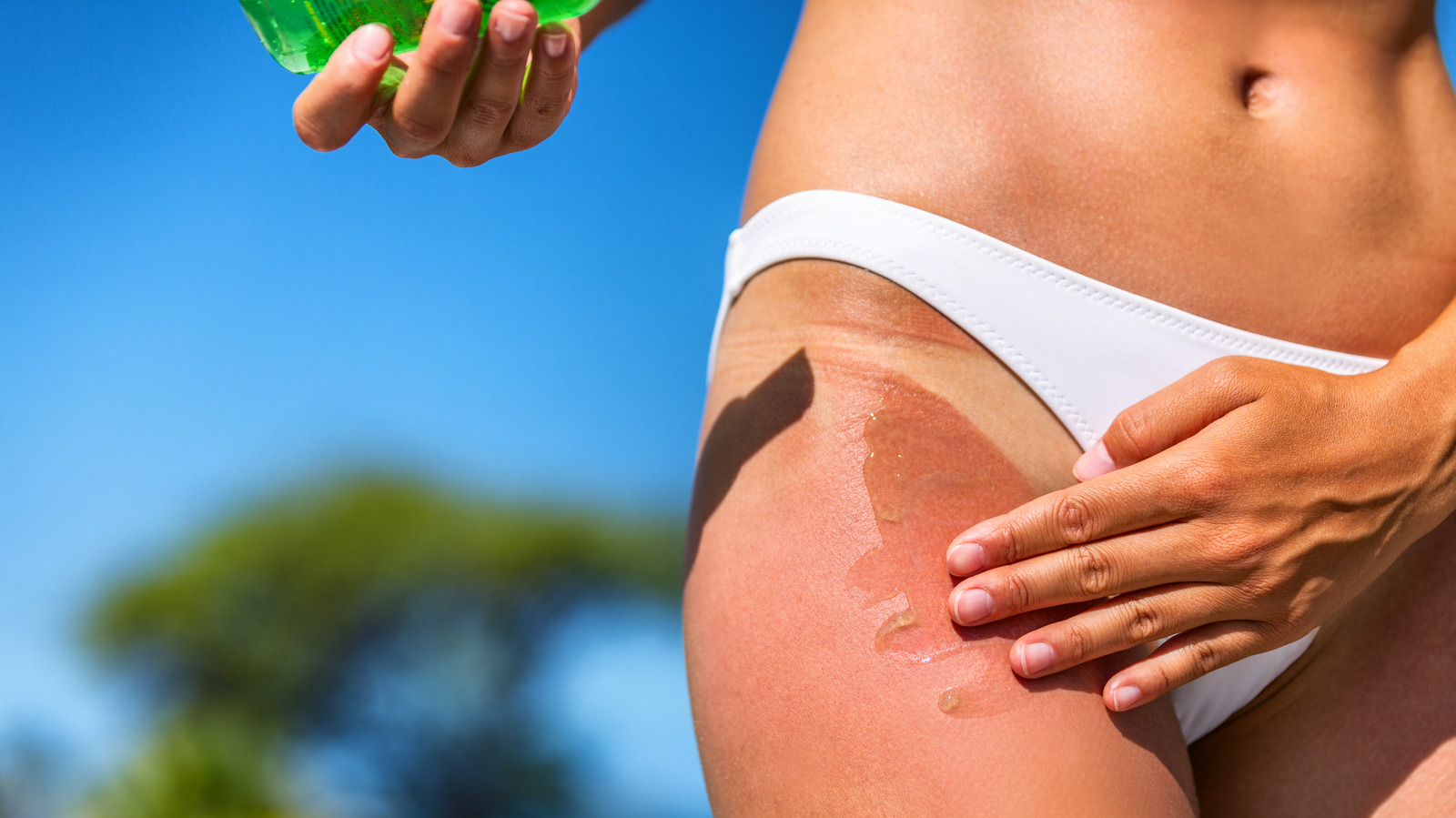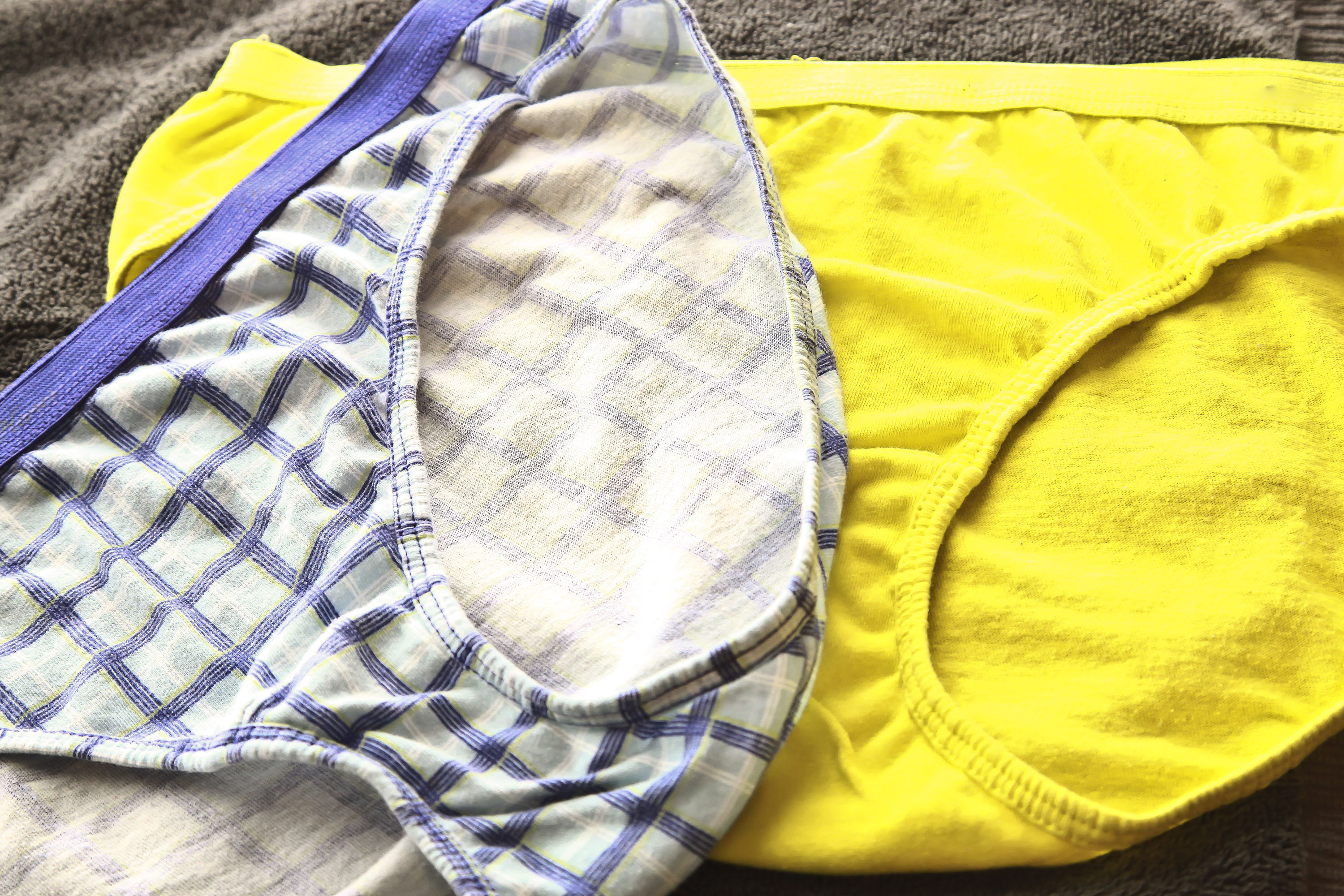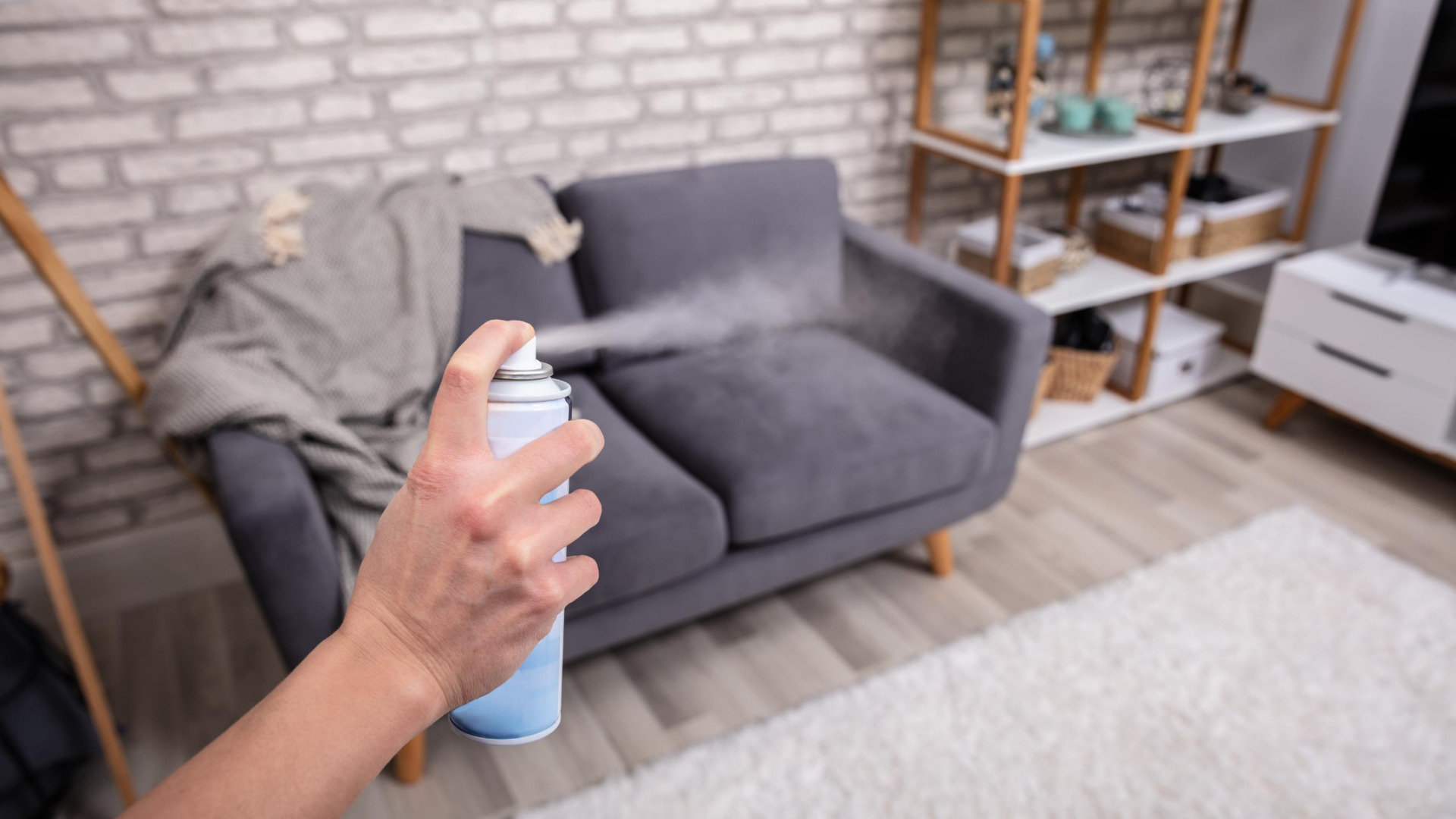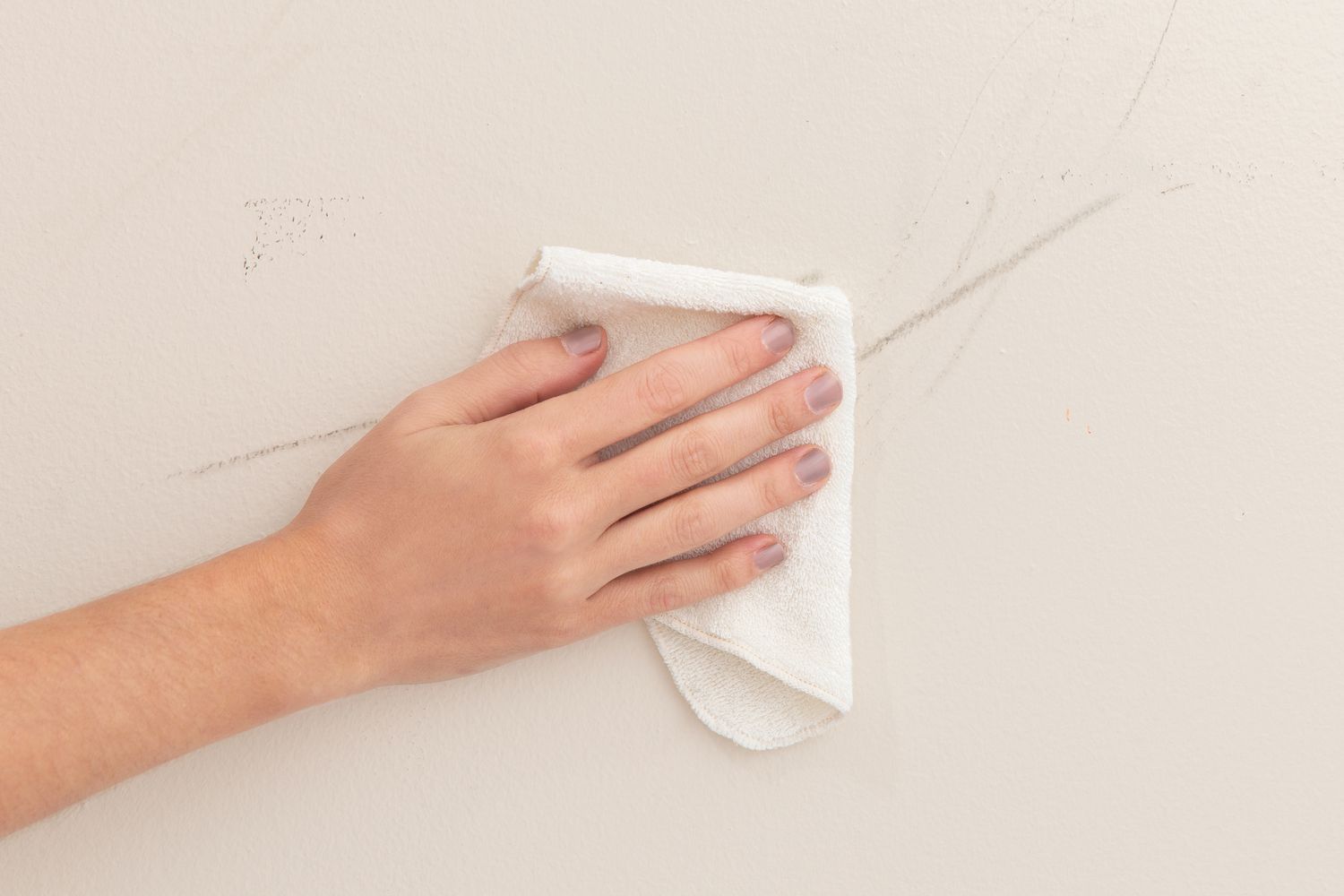Home>How-to Guides>For Women>How To Get Rid Of Hyperpigmentation At Bikini Area


For Women
How To Get Rid Of Hyperpigmentation At Bikini Area
Modified: August 11, 2023
Learn effective methods to eliminate hyperpigmentation in the bikini area for women. Discover safe and proven solutions for a smoother, more even complexion.
(Many of the links in this article redirect to a specific reviewed product. Your purchase of these products through affiliate links helps to generate commission for Under-tec.com, at no extra cost. Learn more)
Table of Contents
- Introduction
- Causes of Hyperpigmentation in the Bikini Area
- Preventive Measures for Hyperpigmentation in the Bikini Area
- Natural Remedies for Hyperpigmentation in the Bikini Area
- Medical Treatments for Hyperpigmentation in the Bikini Area
- Lifestyle Changes for Managing Hyperpigmentation in the Bikini Area
- Conclusion
Introduction
Hyperpigmentation is a common concern faced by many women, particularly in the bikini area. It refers to the darkening of the skin caused by an increase in melanin production. While hyperpigmentation is harmless, it can be a source of self-consciousness and can affect one’s confidence, especially during swimsuit season or intimate moments. Fortunately, there are various preventive measures and treatments available to help reduce and even eliminate hyperpigmentation in the bikini area.
In this article, we will explore the causes of hyperpigmentation in the bikini area, discuss preventive measures, and delve into natural remedies and medical treatments that can effectively address this issue. Additionally, we will explore lifestyle changes that can help manage and prevent future hyperpigmentation flare-ups.
It’s important to note that while the tips and suggestions in this article can be helpful, it’s always best to consult with a healthcare professional or dermatologist for personalized advice and treatment options based on your specific skin type and condition.
Causes of Hyperpigmentation in the Bikini Area
Hyperpigmentation in the bikini area can be triggered by several factors. Understanding these causes can help you take appropriate measures to prevent and manage this condition. Here are some common reasons behind hyperpigmentation:
- Hormonal Changes: Fluctuations in hormone levels, such as those experienced during pregnancy or menopause, can lead to an overproduction of melanin, resulting in hyperpigmentation in the bikini area.
- Friction and Irritation: Frequent rubbing or friction caused by tight clothing, shaving, or waxing can irritate the skin, leading to post-inflammatory hyperpigmentation.
- Sun Exposure: Excessive sun exposure without adequate sun protection can contribute to hyperpigmentation. The melanocytes in the skin produce more melanin as a natural defense mechanism against harmful UV rays, leading to dark spots and uneven pigmentation.
- Genetics: Some individuals may be genetically predisposed to developing hyperpigmentation in the bikini area. If your parents or close family members have this condition, you’re more likely to experience it as well.
- Melasma: Melasma is a common skin condition that results in grayish-brown patches on the face, but it can also appear in the bikini area. This condition is often triggered by hormonal changes and sun exposure.
- Chemical Irritants: Harsh chemicals found in certain skincare products or hair removal creams can cause skin irritation and trigger hyperpigmentation.
By understanding the causes, you can take proactive steps to prevent and manage hyperpigmentation in the bikini area. In the next section, we will discuss preventive measures that can help minimize the risk of developing this condition.
Preventive Measures for Hyperpigmentation in the Bikini Area
Prevention is key when it comes to managing hyperpigmentation in the bikini area. By adopting certain habits and following these preventive measures, you can minimize the risk of developing dark spots and uneven pigmentation. Here are some effective preventive measures:
- Apply Sunscreen: Protecting your skin from harmful UV rays is crucial in preventing hyperpigmentation. Apply a broad-spectrum sunscreen with a high SPF to the bikini area before sun exposure, even on cloudy days.
- Avoid Sunbathing: Limit your sun exposure, especially during peak hours when the sun’s rays are the strongest. If you must be in the sun, seek shade and wear protective clothing.
- Wear Loose Clothing: Opt for loose-fitting clothes made of breathable fabrics to reduce friction and irritation in the bikini area.
- Practice Gentle Hair Removal: When shaving or waxing the bikini area, use sharp, clean razors and go in the direction of hair growth to minimize irritation. Consider using hair removal methods like laser hair removal or electrolysis for longer-lasting results.
- Avoid Harsh Chemicals: Be mindful of the skincare products and hair removal creams you use in the bikini area. Avoid products that contain harsh chemicals or fragrances that can irritate the skin.
- Maintain Proper Hygiene: Keep the bikini area clean and dry to prevent bacterial and fungal infections that can lead to inflammation and hyperpigmentation.
- Stay Hydrated: Drinking plenty of water helps keep your skin hydrated and healthy, reducing the risk of pigmentation issues.
- Eat a Healthy Diet: Consume a balanced diet rich in antioxidants, vitamins, and minerals to promote skin health and reduce the likelihood of hyperpigmentation.
- Manage Hormonal Changes: If you experience hormonal fluctuations or conditions like polycystic ovary syndrome (PCOS), consult with a healthcare professional to manage these changes effectively.
By incorporating these preventive measures into your routine, you can significantly reduce the occurrence of hyperpigmentation in the bikini area. However, if you already have existing pigmentation issues, there are natural remedies and medical treatments that can help in the next sections.
Natural Remedies for Hyperpigmentation in the Bikini Area
When it comes to treating hyperpigmentation in the bikini area, natural remedies can be a gentle and effective approach. While these remedies may not provide immediate results, they can help reduce the appearance of dark spots over time. Here are some natural remedies to consider:
- Lemon Juice: Lemon juice contains natural bleaching properties that can help lighten dark spots. Apply freshly squeezed lemon juice to the affected area, leave it on for 15-20 minutes, and then rinse it off with lukewarm water. Remember to avoid sun exposure immediately after using lemon juice as it can make the skin more sensitive to sunlight.
- Aloe Vera Gel: Aloe vera gel has soothing properties and can help fade hyperpigmentation. Apply fresh aloe vera gel to the bikini area and leave it on for 20-30 minutes before rinsing it off. Repeat this process regularly for best results.
- Apple Cider Vinegar: Apple cider vinegar is known for its natural exfoliating properties. Mix equal parts of apple cider vinegar and water, apply the mixture to the affected area with a cotton ball, and leave it on for 5-10 minutes. Rinse it off with water and repeat a few times a week.
- Turmeric Paste: Turmeric has anti-inflammatory and antioxidant properties that can help reduce hyperpigmentation. Mix turmeric powder with milk or rose water to make a paste and apply it to the bikini area. Leave it on for 15-20 minutes and then rinse it off with lukewarm water.
- Green Tea Extract: Green tea is rich in antioxidants that can help lighten dark spots. Brew a cup of green tea, allow it to cool, and apply it to the affected area using a cotton pad. Leave it on for 10-15 minutes and then rinse it off.
- Exfoliation with Sugar and Olive Oil: Mix equal parts of sugar and olive oil to create a scrub. Gently massage the mixture onto the bikini area in circular motions for a few minutes and then rinse it off. Regular exfoliation can help remove dead skin cells and promote a more even skin tone.
It’s important to note that natural remedies may not work for everyone, and results may vary depending on individual skin types. If you experience any irritation or adverse reactions, discontinue use and consult with a dermatologist.
Medical Treatments for Hyperpigmentation in the Bikini Area
If natural remedies and preventive measures do not provide the desired results, or if you are looking for faster and more intensive treatments, there are medical options available to address hyperpigmentation in the bikini area. These treatments can be performed by a dermatologist or a qualified skincare professional. Here are some commonly used medical treatments:
- Chemical Peels: Chemical peels involve the application of a chemical solution to exfoliate the outer layers of the skin, revealing a fresh and brighter complexion underneath. The peel removes excess melanin and improves the appearance of hyperpigmentation. Multiple sessions may be required for optimal results.
- Laser Therapy: Laser treatments use targeted light beams to break up excess melanin and stimulate collagen production. This can help reduce hyperpigmentation and improve the overall texture and tone of the skin. Laser therapy is a more intensive treatment and may necessitate multiple sessions for effective results.
- Intense Pulsed Light (IPL) Therapy: IPL therapy utilizes broad-spectrum light to target pigmented areas and break up excess melanin. It can effectively fade hyperpigmentation and even out skin tone. Multiple sessions are typically required for maximum effectiveness.
- Microdermabrasion: Microdermabrasion involves the gentle exfoliation of the skin using fine crystals or a diamond-tipped wand to remove the top layer of dead skin cells. This treatment can lighten hyperpigmentation and promote a more even skin tone. Multiple sessions may be necessary to achieve desired results.
- Topical Prescription Treatments: Dermatologists can prescribe topical creams or gels that contain ingredients like hydroquinone, retinoids, or corticosteroids to help lighten hyperpigmentation. These prescription treatments work by inhibiting melanin production and promoting skin cell turnover.
It is important to consult with a dermatologist to determine the most suitable treatment option for your specific needs and to ensure proper application and safety. Medical treatments may have potential side effects and require proper aftercare to minimize any risks.
Lifestyle Changes for Managing Hyperpigmentation in the Bikini Area
In addition to preventive measures and medical treatments, certain lifestyle changes can help manage and prevent hyperpigmentation in the bikini area. These changes supplement the efforts of other treatments and contribute to long-term results. Here are some lifestyle changes to consider:
- Healthy Diet: Incorporate foods rich in antioxidants, such as fruits, vegetables, and whole grains, into your diet. Antioxidants help protect the skin from damage caused by free radicals and promote a healthy and even complexion.
- Stay Hydrated: Adequate hydration is essential for healthy skin. Drink plenty of water throughout the day to keep your skin hydrated and reduce the risk of hyperpigmentation.
- Avoid Smoking and Alcohol: Smoking and excessive alcohol consumption can contribute to skin damage and accelerate the aging process, including the formation of hyperpigmentation. Quit smoking and minimize alcohol intake for skin health benefits.
- Manage Stress: Chronic stress can trigger hormone imbalances that may worsen hyperpigmentation. Practice stress-management techniques such as meditation, deep breathing exercises, or engaging in activities that help relax and calm the mind.
- Quality Sleep: Getting enough restful sleep is crucial for overall skin health. During sleep, your body releases growth hormones that repair and regenerate the skin. Aim for 7-8 hours of quality sleep each night.
- Avoid Picking or Scratching: Resist the urge to pick or scratch at the bikini area, as this can lead to further irritation, inflammation, and potential post-inflammatory hyperpigmentation.
- Gentle Cleansing: Use mild and gentle cleansers specifically formulated for your intimate area. Harsh soaps or aggressive scrubbing can disrupt the skin’s natural balance and worsen hyperpigmentation.
- Regular Exfoliation: Incorporate regular exfoliation into your skincare routine to help remove dead skin cells and promote a more even skin tone. However, be gentle and avoid over-exfoliating, as this can cause irritation.
- Use Moisturizer: Keep the bikini area moisturized to maintain the skin’s elasticity and prevent excessive dryness. Look for moisturizers that are suitable for sensitive and intimate areas.
By making these lifestyle changes, you can support the effectiveness of other treatments and promote healthier skin in the bikini area. Consistency and patience are key, as results may vary depending on individual factors and the severity of hyperpigmentation.
Conclusion
Hyperpigmentation in the bikini area can be a frustrating issue, but it’s important to remember that there are various preventive measures and treatments available to help manage and reduce its appearance. By understanding the causes of hyperpigmentation and implementing preventive measures such as sun protection, gentle hair removal, and avoiding harsh chemicals, you can minimize the risk of developing dark spots.
If hyperpigmentation does occur, natural remedies like lemon juice, aloe vera, and turmeric paste can help fade dark spots over time. Medical treatments such as chemical peels, laser therapy, and topical prescription treatments offer faster and more intensive solutions. Lifestyle changes, including maintaining a healthy diet, staying hydrated, and managing stress, can contribute to long-term management of hyperpigmentation.
Remember, everyone’s skin is unique, and what works for one person may not work for another. It’s crucial to consult with a healthcare professional or dermatologist to determine the most suitable treatment options for your specific needs and ensure proper application and safety.
With consistent care and a holistic approach, you can effectively manage hyperpigmentation in the bikini area and feel confident in your skin. Embrace your natural beauty, and don’t be afraid to seek professional guidance to achieve the best results.










